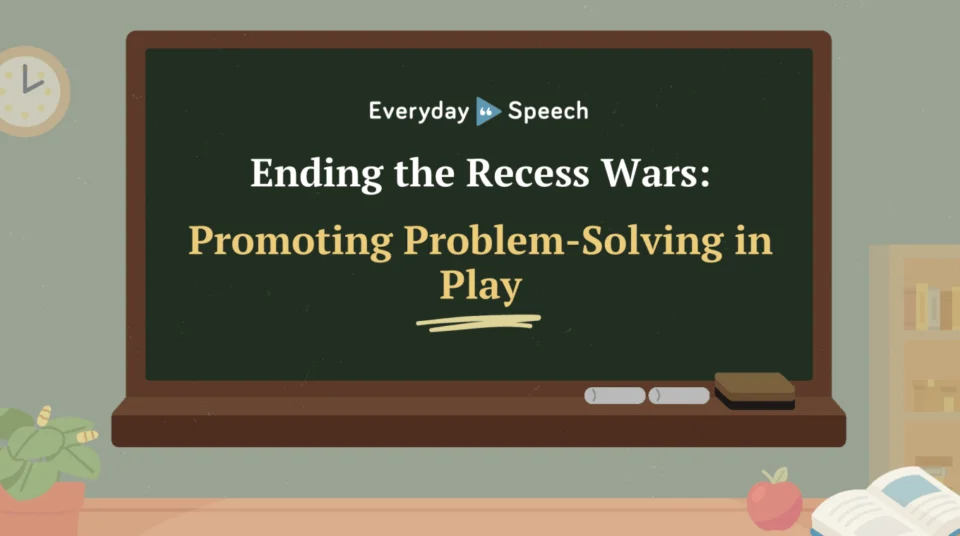Teaching Problem-Solving Skills: A No-Prep Activity for Educators
Get free social skills materials
No-prep lessons on self-regulation, emotional recognition, conversation skills, and more.
Sign up hereIntroduction
Problem-solving skills are essential for students to navigate through various challenges they may face in their daily lives. By fostering these skills, educators can help students become more resilient and adaptable individuals. In this blog post, we will discuss a no-prep activity that educators can use to teach problem-solving skills, followed by discussion questions, related skills, and next steps to further encourage social-emotional learning.
No-Prep Activity
This activity, called “Problem-Solving Scenarios,” requires no preparation or materials. Begin by pairing students and presenting them with a hypothetical scenario that involves a problem. The problem can be small, like the one from the prompt where Serena and Kate need to find a way to get to the mall, or it can be more complex. The students will then work together to identify the problem, decide if it’s big or small, and brainstorm ways to solve it. Once they have agreed on a solution, they can share their ideas with the rest of the class.
By engaging in this activity, students will practice their problem-solving skills in a collaborative and supportive environment, which is crucial for social-emotional learning.
Discussion Questions
- Why is it important to determine if a problem is big or small? How can this help us in finding a solution?
- What are some strategies you can use when working with others to solve a problem?
- Can you think of a time when you successfully solved a problem with a friend or classmate? What steps did you take to resolve the issue?
- What are some challenges you might face when trying to solve problems with others? How can you overcome these challenges?
- How do problem-solving skills contribute to your overall well-being and success in life?
Related Skills
In addition to problem-solving skills, there are other essential skills that contribute to social-emotional learning. Some of these include:
- Communication: Being able to effectively express thoughts and feelings is crucial for working together to solve problems.
- Empathy: Understanding and sharing the emotions of others can help create a supportive environment for problem-solving.
- Active listening: Paying close attention to what others are saying can lead to better understanding and more effective solutions.
- Collaboration: Working together as a team can often lead to more creative and efficient problem-solving.
Next Steps
Now that you have an idea of how to teach problem-solving skills through a no-prep activity and stimulate discussions on social-emotional learning, we encourage you to explore more resources and activities. Sign up for free samples of various skills and activities to further support your students’ social-emotional learning journey.

